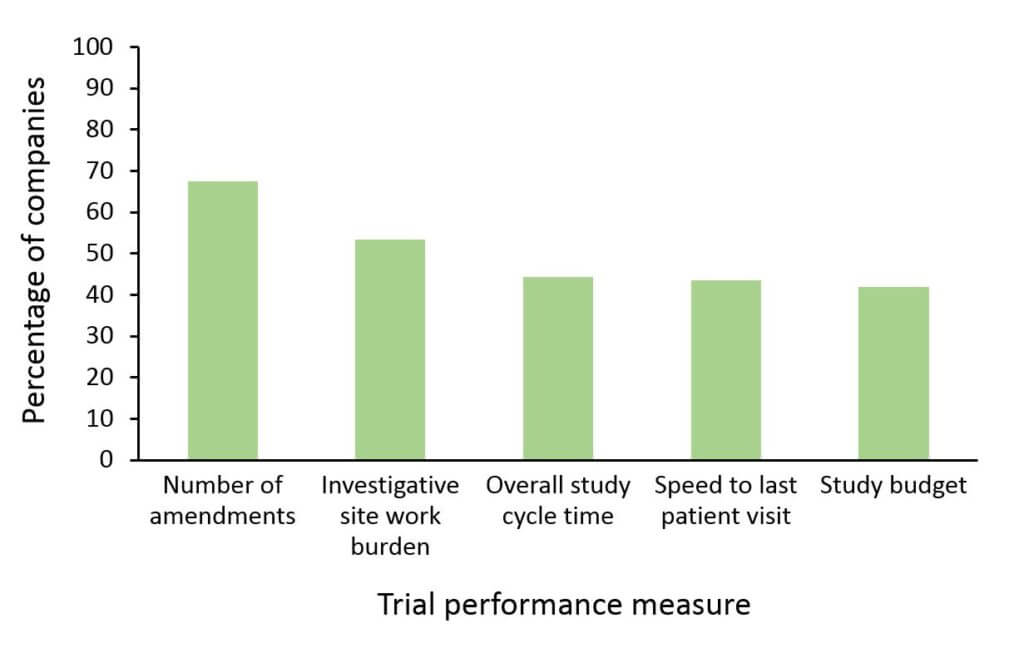Speaker
Daniel Edmonston, MD
Medical Instructor
Duke University School of Medicine
Topic
Drug Development in Kidney Disease: Proceedings from a Multi-Stakeholder Panel
Keywords
Chronic kidney disease (CKD); Dialysis; Evidence-based medicine; Electronic health records; Think Tank
Key Points
- Only 5 percent of treatment recommendations for kidney disease reach a Grade A level of evidence.
- In 2019, the DCRI convened a panel to address the urgent need for evidence-based treatments for kidney disease. “Accelerating Drug Development for Chronic Kidney Disease and End-Stage Renal Disease” included stakeholders from regulatory agencies, kidney societies, patient advocacy organizations, academia, and industry.
- Key discussions explored the uses of interconnected data and site research networks, pragmatic and adaptive trial designs, robust surrogate endpoints, real-world data, and methods to improve the generalizability of trial results and uptake of approved drugs for kidney-related diseases.
Discussion Themes
Since there is more than one therapeutic agent showing promise for CKD, how should evidence be generated to understand the right combination of agents?
Could the principles laid out in the FDA Patient Focused Drug Development guidance be applied in these trials to ensure the patient perspective is included?
What are your thoughts on whether to focus on enrolling early CKD patients—some of whom will not progress—or patients later in the course of disease, when disease modification may be more challenging?
Read more about the Think Tank in a special report in the American Journal of Kidney Disease.
Tags
#pctGR, @Collaboratory1



